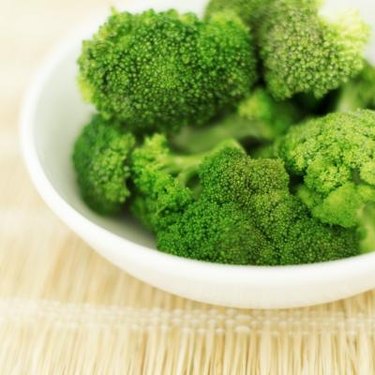
Anticoagulant medications are commonly called blood thinners. These medications do not actually cause the blood to be thin, according to the National Institutes of Health (NIH), but instead prevent the blood from forming clots too quickly or easily. Blood clots can be dangerous, causing heart attacks, strokes and even death. If you are taking anticoagulant medication, your doctor may instruct you to avoid certain foods that can interact with your medication. These foods are generally high in vitamin K, which plays a role in how your blood clots. If you are taking anticoagulant medication, talk with your doctor before making any dietary changes.
Leafy Green Vegetables
Video of the Day
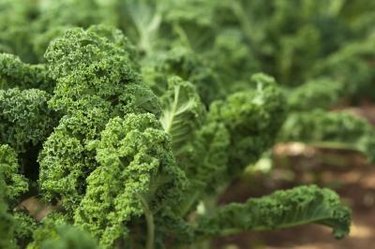
While delicious and nutritious, leafy green vegetables' vitamin K content means your intake of these vegetables must be controlled. These vegetables include arugula, collards, kale, mustard greens, parsley, spinach, Swiss chard, turnip greens and wheat grass. Lettuces, such as green leaf lettuce, endive or romaine also contain vitamin K but in more moderate amounts.
Video of the Day
Cruciferous Vegetables
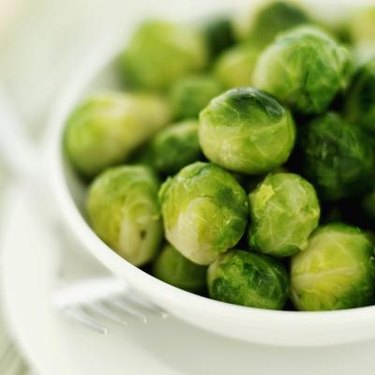
Cruciferous vegetables are those from the Cruciferae or Brassicaceae family. These include cabbage, cauliflower, broccoli, turnips, rutabaga, Brussels sprouts, radish, horseradish and wasabi. A number of leafy greens, including mustard, arugula, watercress, kale, collard greens, bok choy and Chinese cabbage are also cruciferous vegetables.
Beans and Lentils
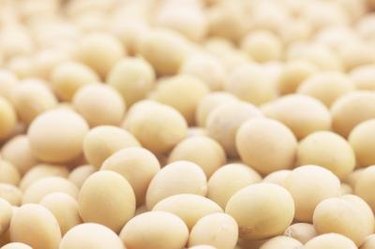
Your doctor may recommend that you avoid chickpeas (garbanzo beans) and lentils if you are taking anticoagulant medications. This would also include foods made with chickpeas such as hummus or falafel.
Liver
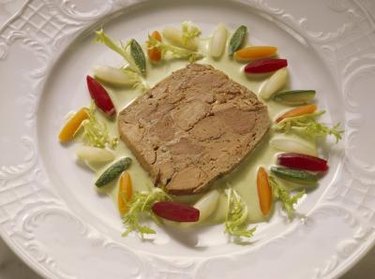
Liver is high in vitamin K. If you are taking anticoagulants, talk with your doctor before eating beef, pork or chicken liver, or products containing liver such as pate.
Herbs and Spices
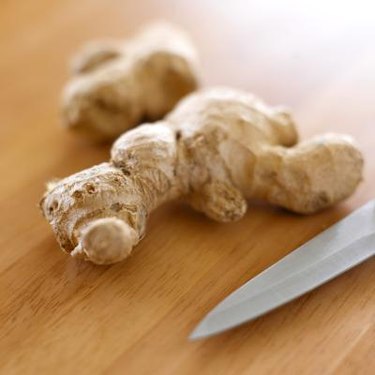
Both ginger and turmeric may affect the way your blood coagulates and should be limited when you are taking anticoagulants, according to the NIH.
Alcohol
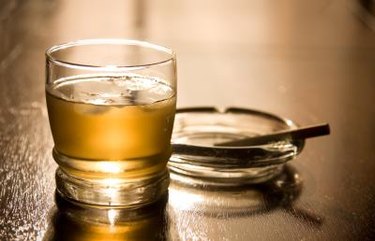
While you may not think of alcohol as a food, it can interact with anticoagulants, and your intake should be limited. Your doctor may recommend avoiding all alcoholic beverages, or may instruct you to consume no more than three drinks per day. The NIH defines one drink as 12 oz. of beer, 5 oz. of wine or 1.5 oz. of liquor.
Other Foods
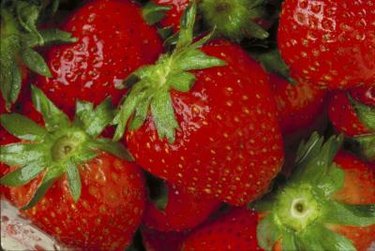
Other foods that may contain more vitamin K than your doctor wishes you to consume include strawberries, seaweed (nori), tofu and other products made with soy protein, soybean oil, scallions (green onions) and green tea leaves. Talk with your doctor about whether or not these foods are a good choice for you.